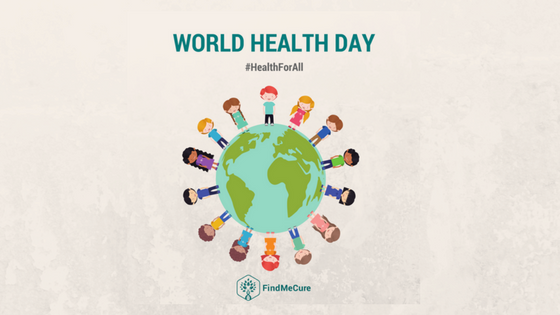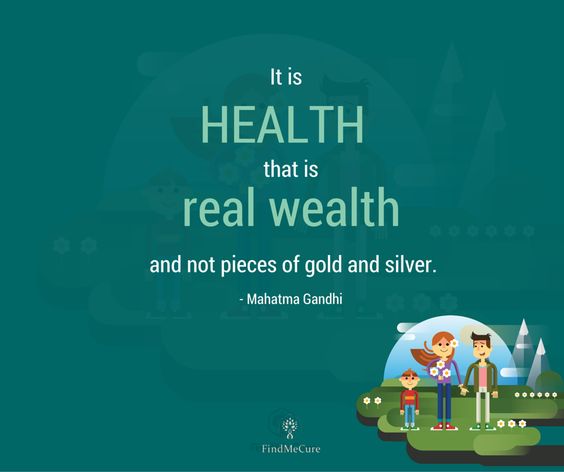World Health Day 2018: ‘Universal Health Coverage: Everyone, Everywhere’

“The real question, Eleanor, is what do we owe to each other.”, says a character from a popular sitcom, dealing with the world of ethics. We should think about this quote quite a lot, especially recently with World Health Day approaching and this year’s theme being “Health for all”.
We live in times when we largely recognize the value of human life. The right to life is one of the most basic human rights we, as a humanity, have – at least on paper – agreed upon. Yet, every day 21 000 children die before the age of five from treatable diseases like pneumonia. An estimated 100 million people a year are driven below the poverty line because of unbearable health care costs. And if you think this has any financial benefits for anyone involved, think again – healthcare inequalities are linked to losses of about 1.4% of GDP within the EU[1]. Just for comparison, the EU spends about 1.6% of GDP for defense, so that’s a high figure, and it’s not about the money – but we do have financial interest in ending health inequalities as well.

Health For All and Access to Clinical Trials
However, we at FindMeCure believe in a very simple formula: health for all = access to clinical trials. But why? Why do we care so much about clinical trials? What is it about them that gives us hope for the future of healthcare? What is it about them that gives us reason to get up in the morning and do what we do?
Clinical trials rarely test groundbreaking drugs or treatments. Often, they are just a small step forward – a step towards improved efficacy or less severe side effects. Years of research, not to mention the money spend, the efforts of the people involved and everything participants go through both physically and emotionally – just for a “small” improvement.
However, those of you battling not only your illness but also the debilitating side effects of the medication you take, know how much that small improvement really means. How even just less or less severe side effects are going to affect the quality of your life, how better pain relief can make the difference between feeling isolated and hopeless and enjoying everyday things you previously took for granted.
In the grand scheme of things, a better drug on the market doesn’t really mean a lot, since it’s no cure after all, but in the lives of individual people a small improvement can make the world of difference.
So, just imagine what the world of medicine could look like if we succeed in our mission to raise awareness of clinical trials and improve access to ongoing studies of drugs in development. New, better treatments will reach people who need them faster than ever. And we’re not just talking about those who chose to participate in any given clinical trial, but also people who for some reason can’t get involved in the process but might benefit from the treatment.
We at FindMeCure want to push the gates wide open between regular people and the world of clinical research. We want to educate about clinical trials, translate the unnecessarily complicated language of the medicine and make access as easy as it should have always been. And yet, why? What makes us believe in the value of such an endeavor?
For one thing, increased participation speeds up the whole process of the trial, meaning whether it’s a success or a failure becomes clear sooner and this saves not only time but resources as well. However, a trial that has reached phase III rarely turns out to be a failure, so in all the other cases the treatment that has been successfully tested also reaches the general public much faster.
But that’s not all, of course. You see, clinical trials usually provide participants with free, all-costs-covered treatments and an unmatched level of care and monitoring. So they happen to be a huge part in the global fight for affordable healthcare, providing a solution that benefits participants as well as researchers.
Now, let me get back to that quote from the beginning. We live in a world where the interconnectedness between all living organisms becomes more and more evident, the more we interfere with nature. By this point, it is quite clear that the processes of globalization have made it impossible to have an outbreak at one part of the world without it spreading everywhere else. We depend on each other. And yes, we do owe each other.
We at FindMeCure have said this time and time again – healthcare should be a global concern and a team effort. It should involve everyone because it benefits everyone. At the end of the day, our mission is just a beautiful ideal without you.
In order to make the world a healthier place, we need everyone to get on board and do their part. We owe this to each other.
Article by Nelly Katsarova
[1] http://www.who.int/sdhconference/background/news/facts/en/

